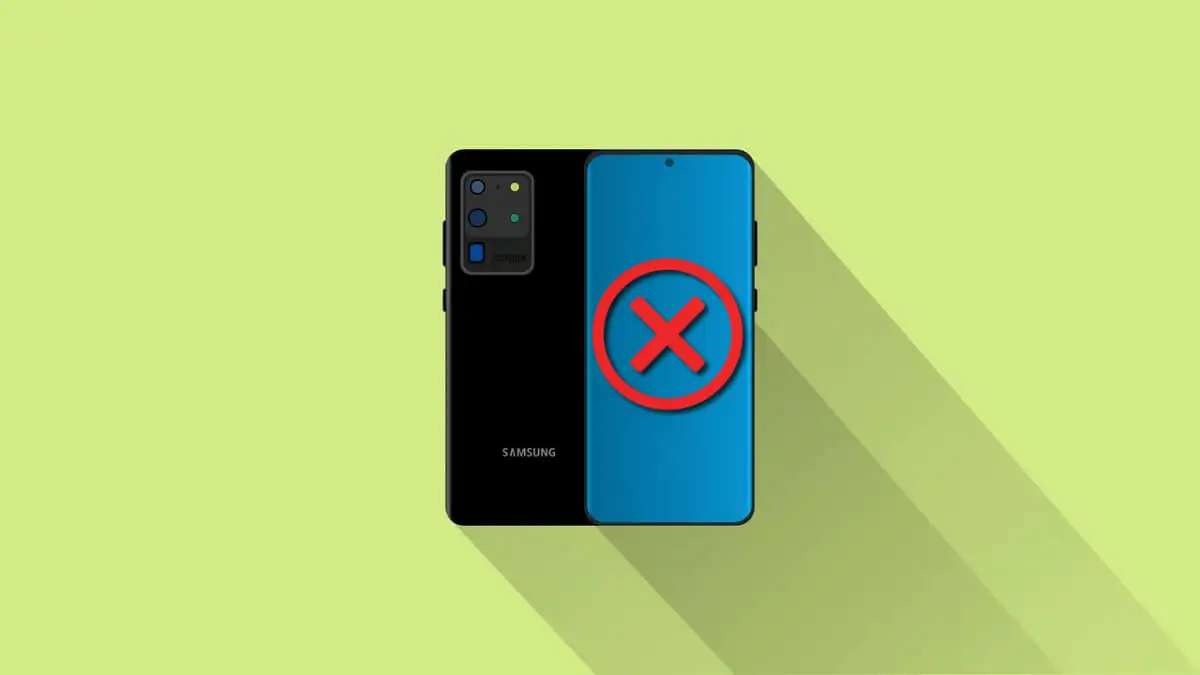Rising inflation is causing many consumers to skip upgrading their cell phones this year, according to a recent survey by an online personal finance platform. The survey, which included over 210 participants and was adjusted for age, gender, and income to reflect U.S. demographics, revealed that nearly two-thirds of Americans (63%) have decided against buying a new phone this year due to inflation.
“Inflation is definitely a big factor in reducing smartphone purchases, but it’s also a sign that consumers are becoming more thoughtful about how they spend,” said Scott Dylan, founder of NexaTech Ventures, a venture capital firm based in Manchester, England.
“With phones lasting longer and more affordable options available,” Dylan told TechNewsWorld, “inflation may simply be accelerating a trend where annual upgrades are fading out.”
Dev Nag, CEO and founder of the San Francisco-based enterprise chatbot QueryPal, added, “While inflation might delay some purchases, smartphones have become essential for both personal and professional use. For some, this means prioritizing a phone purchase despite economic challenges.”
He also noted that this trend toward longer phone lifespans could disrupt traditional upgrade cycles and the revenue models of smartphone companies.
Inflation-Resistant Smartphones
Luxury items are typically less affected by inflation, but iPhones are an exception, according to Rob Enderle, president of the Enderle Group, an advisory firm in Bend, Oregon. “iPhones are sold to people outside the wealthy class,” he explained. “This would normally erode Apple’s image as a luxury brand, but it hasn’t. Inflation hits middle-class and lower-income buyers the hardest, which impacts iPhone sales.”
Interestingly, while inflation has driven up prices for many goods, flagship smartphones have largely resisted price hikes. “Price increases have mostly been limited to premium models,” said Max McCaskill, a writer at WhistleOut, a search engine for cell phones and internet services.
“The iPhone 16 still starts at $799, the same as the iPhone 12 from 2020,” he told TechNewsWorld. “Similarly, Samsung’s Galaxy S24 starts at $799, just like the S21 did in 2021. The exception has been Google, which has consistently raised the price of the Pixel for the past two years.”
Beyond Inflation: Why Consumers Delay Upgrades
Inflation isn’t the only reason people are holding off on phone upgrades. “Economic and job insecurity likely play a bigger role in the decision to delay phone purchases,” said Greg Sterling, co-founder of Near Media, a commentary site. “Many consumers adopt an ‘If it ain’t broke, don’t fix it’ approach,” added WalletHub’s Chip Lupo.
“My iPhone 12 works just fine,” Lupo told TechNewsWorld. “I’ll upgrade it when it’s no longer supported.”
Longer Replacement Cycles
Consumers are increasingly opting to extend the lifespan of their current phones. “We’re seeing longer replacement cycles and growth in refurbished and used phone sales,” explained Ross Rubin, principal analyst at Reticle Research.
“Smartphones are a mature category now,” he said. “Apple’s latest announcements, like a camera control button, aren’t game-changers that will prompt people to toss their old phones and rush to upgrade.”
“We’re also seeing diminishing returns with each new model,” added NexaTech’s Dylan. “People are holding onto their phones longer because the improvements—whether in processing power, camera quality, or software—are incremental rather than revolutionary.”
Sustainability is also influencing consumer behavior, with more people, especially younger ones, becoming mindful of the environmental impact of frequent upgrades. Extended software support for older models makes it easier for users to keep their phones longer without losing functionality.
Phones and Self-Worth
Interestingly, the survey also found that more than two in five Americans believe a new iPhone is worth going into debt for—a result that surprised WalletHub’s Lupo. “It’s shocking that anyone would think it’s okay to go into debt for a phone,” he said. “Debt is for a house or a car, not a phone.”
QueryPal’s Nag attributed this mindset to Apple’s powerful branding. “Apple has positioned its products as premium, desirable items worth stretching the budget for,” he said. “This speaks to both the perceived quality of their products and the status they represent.”
However, Nag also noted that this trend may highlight a gap in consumer financial literacy, with marketing sometimes encouraging decisions that aren’t in consumers’ best financial interests.
The survey further revealed that 42% of Americans believe having the latest iPhone is crucial to their self-image. Other findings included:
- Nine out of 10 Americans think iPhones are overpriced.
- 30% believe that people with the newest iPhone are rich, while 27% view them as wasteful.
- 65% think Apple holds a monopoly.
Dylan commented, “Smartphones have become an extension of our identities. They’re more than communication tools; they symbolize success, personal taste, and social standing.”
He added that younger consumers, in particular, are caught in a cycle of regular upgrades, driven by the luxury branding of devices like iPhones and Samsungs. “These companies have done an excellent job positioning their phones as status symbols, much like designer clothes or luxury cars.”






